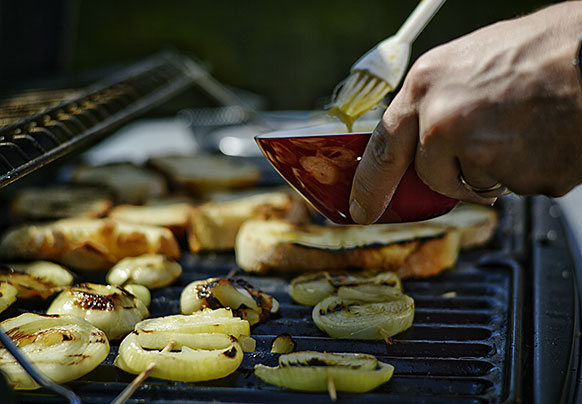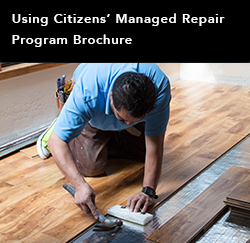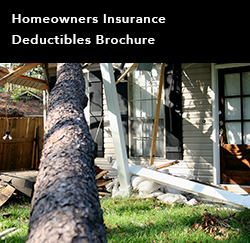
Most nights, a familiar chorus is heard from household to household. No, it's not the serenades of cicadas or the calls of owls at dusk – it’s the all-too-common chorus of "What’s for dinner?" Nightly menu planning is already challenging enough, and now we have storm season to consider on top of everything else.
Planning easy-to-prepare meals with the contents of your hurricane kit, however, might just be the boss-level task you need to tackle to succeed.
Start with the Basics: Safety and Supplies
Like most storm-related things, the best strategy is to develop an organized plan and build your preparation efforts around everyone in your household. So, how do you get started? Review the basics of food safety in this helpful guide by the U.S. Department of Agriculture (USDA), which gives advice on what to do before, during, and after a disaster.
A good rule of thumb is to build a shopping list and stock your food kit based on your family's preferences, and not just because they are on a recommended list. The Houston Food Bank has a printable checklist of nonperishable foods to help you get started. While many canned foods are good for a long period of time, remember to keep an eye on expiration dates and use a rotation schedule so nothing goes to waste.
Plan Ahead to Shop and Save
- Buy ahead and stock up when items are on sale. Don't get caught up in last-minute preparations. We've all seen the photos of empty shelves and barren aisles at grocery stores as the hours dwindle before a storm makes landfall.
- Organize kit items that naturally come together as meals. Simplicity is your best resource. Be practical by keeping meal prep to 15 minutes from start to finish. That way, when nerves are frayed, you've got a quick and simple activity to occupy even the grumpiest in the bunch. Florida International University students developed a Hurricane-Ready Cookbook with preparation tips, shopping lists, and clever recipes for balanced meals using kit-friendly items.
- Batch cook before the storm. There are those storm-seasoned Floridians who recommend batch cooking before the storm. Think of simple yet satisfying things like counter-safe muffins or quick breads for breakfasts and snacks, quinoa (or a similar grain) for salads or meal bases, and hard-boiled eggs and bacon for quick protein options. For those who need a cup of coffee to start the day, prepare a thermos for one guaranteed hot cup, and then a cold brew ready thereafter.
Prioritize and Cook with Purpose
Before the storm makes landfall, prioritize your perishables by rearranging your refrigerator and freezer. Put anything that can be used quickly and easily up front, and group items that can keep toward the back to stay cooler longer. A full freezer will maintain its temperature for 48 hours.
Your early-hour heroes are the things you don't need to heat to eat. Lean on camping hacks such as cold-soaking rice or couscous kits, canned meat salad kits, or shelf-stable protein shakes as easy and creative possibilities.
There are many methods for cooking without power, but remember: safety first. Do not grill or attempt to cook over an open flame indoors. Wait until the storm has cleared before cooking outside.
Grill cooking is a versatile option that can range from heating up canned goods or preprepared meals to using your grill as a makeshift oven for items that are typically baked. Grill-safe cookware helps make cooking easier and gives you more options for food preparation. Be sure to have safety items such as grill gloves, high-temperature hot pads, and a fire extinguisher nearby.
Camp stoves also are helpful for items that need more focused temperature management or if you are more comfortable with range-style cooking. Models vary from small and compact single-burner backpacking-style stoves to larger two-burner style ranges that run on propane gas. It is best to research the styles available in your area and practice with the equipment before you have to use it as your only option. This is where camping resources on how to use and maintain portable stoves will be handy.
"Dinner's Ready!"
Finding comfort through alternative cooking methods and pantry staples can be a game-changer after a storm. And who knows, an idea here might even be the perfect solution to calm the nightly clamor for dinner ideas and options.








